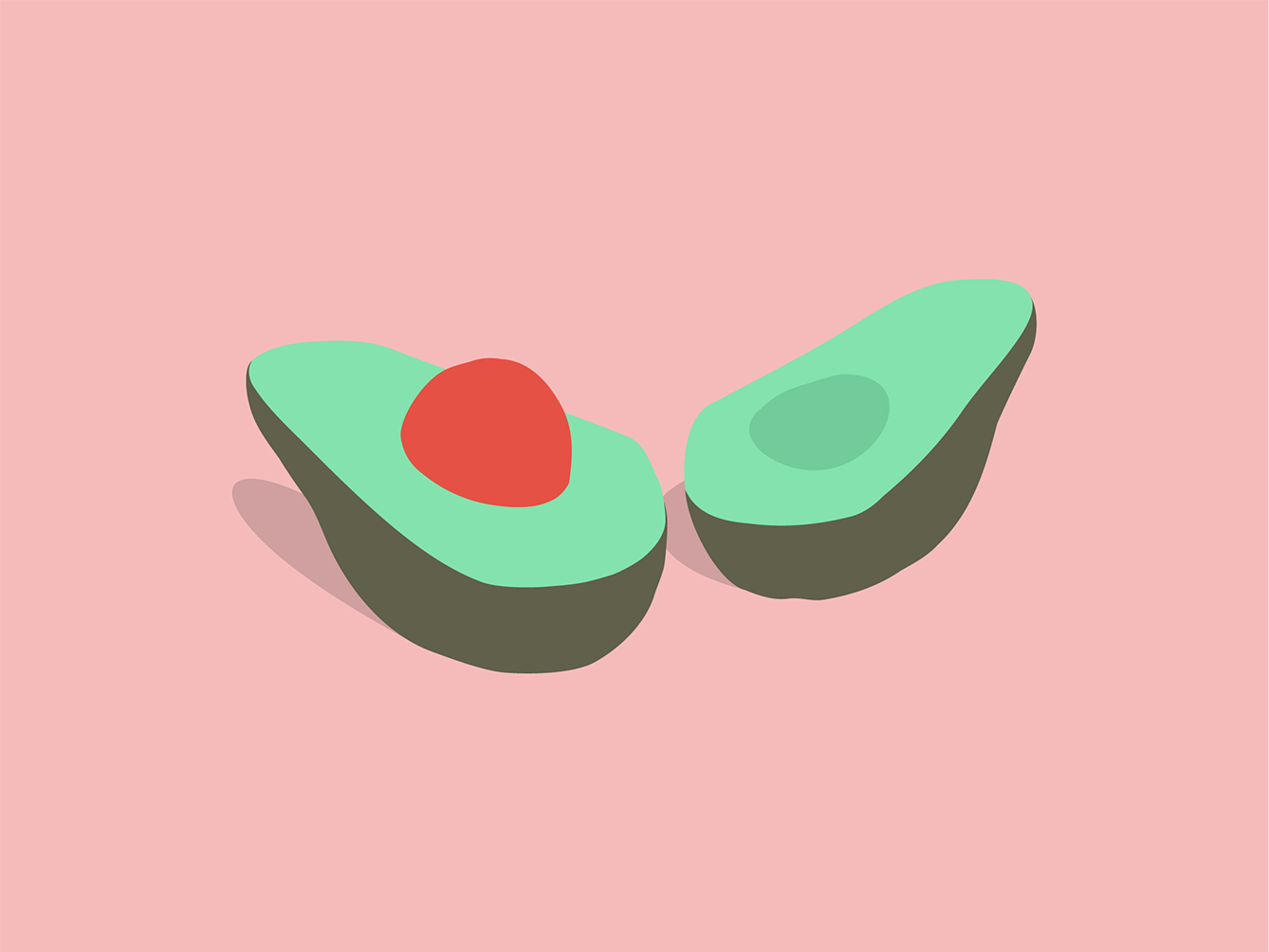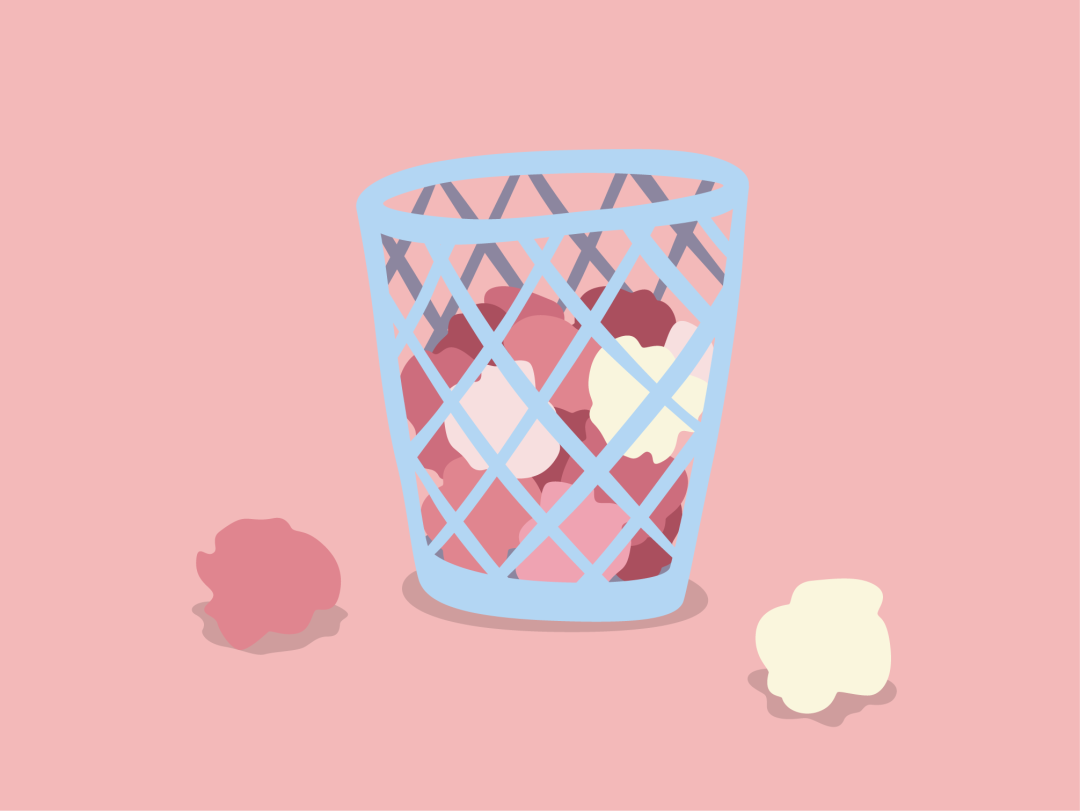Sign up to stay in the loop on new styles and sales!
Sign up to stay in the loop on new styles and sales!
#getbodywise
Foods for a Healthy Follicular Phase
health
·5 min read

by Team Thinx | 03/20/2024
During the menstrual cycle, the follicular phase is a key time when your diet can have a real impact on preparing your body for ovulation. Consider it the foundation phase, where building healthy habits can affect everything from your well-being to how your body readies itself for the next stages of your cycle.
During this phase, your body is on a mission, getting an egg ready and ensuring the uterus lining is cozy enough for a potential pregnancy. It's like your body is doing all the behind-the-scenes work to prepare for the main event: ovulation. Just like any big event, preparation is important. That’s where the proper nutrition comes into play. Eating the right foods during the follicular phase can support your body’s natural processes, boosting energy, mood, and overall well-being.
This article will guide you through the significance of the follicular phase and how nutrition plays an important role in supporting your body through it. We'll explore which foods can help you feel your best and prepare your body for the journey ahead in your menstrual cycle. Let's dive into understanding how to nourish your body during this time, making each step of your cycle as smooth and supported as possible.
foods for the follicular phase
Eating well during the follicular phase is about choosing foods that boost your hormone balance and energy. Here's a list of foods that are particularly beneficial during this time:
vegetables and fruits: Aim for a colorful variety on your plate. Green spinach, red berries, orange carrots, and purple eggplants make your meals more visually appealing and pack a punch of vitamins, minerals, and antioxidants. These nutrients are important for supporting hormonal health and providing the energy your body needs.
whole grains: Add whole grains like brown rice, oats, and quinoa to your meals. They're excellent sources of fiber, which helps maintain stable blood sugar levels, reducing mood swings and energy dips. Plus, they keep you fuller for longer, aiding in overall well-being.
proteins: Lean meats such as chicken and turkey, fatty fish like salmon and mackerel, and plant-based proteins including beans, lentils, and tofu are great. They provide the amino acids necessary for repairing tissues and supporting muscle health, which is especially important as your body prepares for ovulation.
healthy fats: Avocados, nuts, seeds, and olive oil are rich in healthy fats. These fats are needed for hormone production and can help maintain the health of your reproductive system. They also contribute to absorbing fat-soluble vitamins, enhancing your nutrient intake.
dairy or dairy alternatives: Low-fat yogurt, milk, cheese, or fortified plant-based alternatives provide calcium and probiotics. Calcium plays a key role in muscle function, potentially easing menstrual cramps, while probiotics support gut health, which is much needed for overall hormonal balance.
leafy greens: Kale, Swiss chard, and other leafy greens are high in iron and magnesium. Iron is important to replenish blood loss during menstruation, and magnesium can help reduce cramps and improve sleep quality.
seeds: Flaxseeds, chia seeds, and pumpkin seeds are not only packed with healthy fats but also contain lignans and fiber, which can help manage hormonal fluctuations. They're great for sprinkling over salads yogurts, or blending into smoothies.
berries: Strawberries, blueberries, and raspberries contain antioxidants and vitamins. They can help combat inflammation and support immune health, making them a sweet yet powerful addition to your follicular phase diet.
eggs: Rich in protein and vitamins D, B2, and B12, eggs support cell growth and provide nutrients for hormone synthesis. They're versatile ingredients that can be enjoyed in many ways, making them an easy addition to your diet.
tips for eating well
Try to balance your meals with a mix of carbohydrates, proteins, and fats. Planning your meals ahead of time can help make sure you’re eating a variety of foods. Here are other tips you can consider for eating well:
mix it up: Aim for a balanced mix of macronutrients in every meal — carbohydrates, proteins, and healthy fats. This balance helps ensure your body gets the energy it needs and supports hormonal health.
meal prep: Plan your meals ahead of time. Preparing a weekly meal plan can prevent last-minute unhealthy choices and ensure you include various nutrient-rich foods in your diet.
mind your micronutrients: Focus on foods rich in vitamins and minerals. Incorporate foods high in iron, magnesium, and B vitamins to support energy levels and hormone balance.
listen to your body: Pay attention to how different foods make you feel. Your body can give you clues about what it needs more of or what it’s getting too much of. Adjust your diet accordingly to find what works best for you.
foods to avoid during the follicular phase
When navigating through the follicular phase, it's wise to be mindful of certain foods that might not serve your body well. Specifically, cutting down on sugar and processed foods can make a noticeable difference in how you feel. These foods are known to cause spikes and crashes in your blood sugar levels, which can leave you feeling unexpectedly fatigued and even swing your mood in directions you didn't plan for.
Beyond impacting your energy and mood, excessive sugar and heavily processed items can also contribute to inflammation in the body, which might complicate the natural processes during this phase of your cycle. Opting for whole, unprocessed foods instead can help maintain steady energy levels, keep your mood more stable, and support the overall health of your reproductive system.
healthy habits
Navigating the follicular phase of your menstrual cycle doesn't just depend on what you eat; it's also about embracing a holistic approach to your health. Incorporating a range of healthy habits can significantly enhance how you feel during this time, supporting your physical and emotional well-being. From staying hydrated and exercising to ensuring you get enough rest and manage stress, these practices play a role in optimizing your health during the follicular phase.
stay hydrated: Drinking plenty of water does wonders for overall health, helping flush toxins from your body and keeping you energized and refreshed.
regular exercise: Incorporate activities and exercise you enjoy, whether it is yoga, walking, or cycling. Regular movement can improve mood, increase energy levels, and support hormonal balance.
prioritize sleep: Aim for 7-9 hours of good quality sleep each night. Adequate rest supports your body’s natural rhythms and helps manage stress levels.
practice stress-relief techniques: Engage in activities that reduce stress, such as meditation, deep breathing exercises, or journaling. Managing stress is key to maintaining hormonal balance and overall well-being.
stay connected: Spend time with friends and loved ones. Social support can boost your mood and provide a sense of belonging and connection.
limit caffeine and alcohol: Too much caffeine or alcohol can affect your sleep and energy levels. Moderate your intake, especially if you notice they impact your mood or sleep patterns.
seek sunshine and fresh air: Spending time outdoors, especially in natural light, can improve your mood and vitamin D levels, which is beneficial for bone health and overall well-being.
enhancing your well-being during the follicular phase
Focusing on your diet during the follicular phase is a key step in managing your energy levels and mood throughout your menstrual cycle. The foods you eat during this time can significantly influence your overall well-being. However, nutrition is just one piece of the puzzle regarding caring for yourself during this phase. For those moments when you need additional comfort and assurance, Thinx period underwear provides a solution, offering you the confidence to go about your day without concerns about leaks or discomfort.
Embracing self-care during the follicular phase, from what you put on your plate to the products you use for menstrual protection, helps you navigate this time more comfortably. This approach ensures that you're taking steps to feel your best during the follicular phase and contributing positively to your overall health and well-being, setting a solid foundation for the rest of your cycle.
sources
London Clinic of Nutrition. Foods to Eat for Each Stage of Your Menstrual Cycle. https://londonclinicofnutrition.co.uk/nutrition-articles/foods-to-eat-for-each-stage-of-your-menstrual-cycle/
Goop. What to Eat (and Avoid) during Each Phase of Your Cycle. https://goop.com/wellness/health/cycle-syncing-nutrition/
Nutra Organics. Foods to Support Your Cycle in Each Phase. https://nutraorganics.com.au/blogs/blog/foods-to-support-your-cycle-in-each-phase
by Team Thinx


